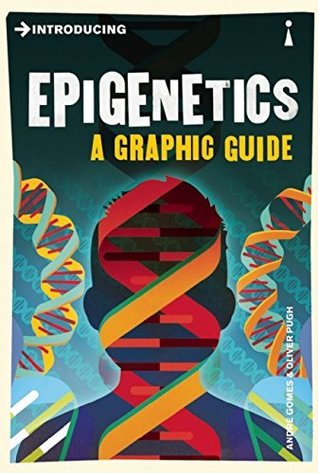More on this book
Community
Kindle Notes & Highlights
by
Cath Ennis
Read between
February 26 - March 7, 2018
Male embryos erase the maternal ICR methylation patterns they inherited from their mothers during this time, so that the sperm cells they will later produce will only contain chromosomes marked as paternal; female embryos do the reverse.
One of the key findings of the Överkalix study concerns sex-specific patterns of disease risk in later generations: women who were in their mother’s womb during a period of famine passed on a higher risk of cardiovascular disease to their granddaughters, but not to their grandsons.
The Överkalix researchers also found sex-specific patterns of inheritance down the male line: men who had experienced a feast year between the ages of nine and twelve had grandsons – but not granddaughters – with shorter-than-average lifespans. Conversely, a period of famine in the same pre-puberty years resulted
men who smoked cigarettes before puberty generally went on to have sons – but not daughters – with more body fat, regardless of whether the men were still smokers when their children were conceived.
DNA methyltransferase inhibitors are also being developed. The stable heritability of DNA methylation patterns (see here) ensures that the drug’s effects will persist in the offspring of any cancer cells that survive the original treatment.
Caretha Creasy and Kevin W. Kuntz have developed chemicals that block the function of the hyperactive mutated EZH2 protein, without blocking its normal counterpart. The drugs haven’t been tested in actual cancer patients yet. However, they correct the abnormal pattern of epigenetic modifications and reactivate genes which have been inappropriately silenced in human lymphoma cells grown in the laboratory. Most importantly, the drugs also slow the growth of the lymphoma cells.
The first human clinical trial using iPS cells – to treat an eye disease called macular degeneration – began in Japan in late 2014, led by ophthalmologist Masayo Takahashi; other trials will no doubt follow if the first proves safe.
A new DNA sequence editing technique called CRISPR can be adapted so that it edits epigenetic modifications instead of editing the DNA sequence directly.


